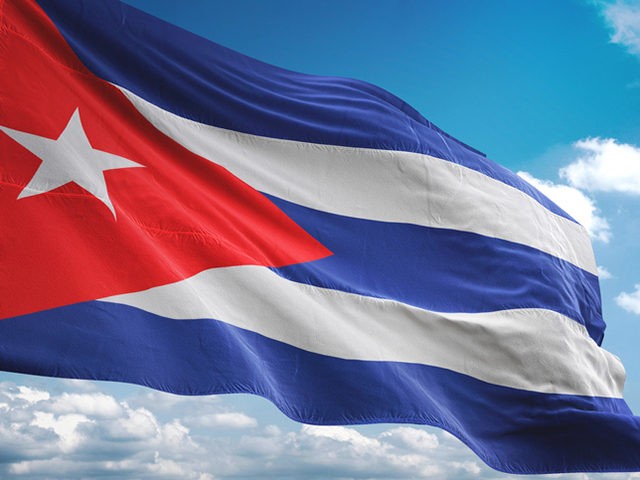Havana on Tuesday denied a group of political activists opposed to Cuba’s communist government permission to stage protest marches on the island, claiming the group was tied to “subversive organizations” promoting an overthrow of the national government.
“Government critics, organized by a Facebook group called Archipelago, initially planned protests across the country for November 20,” Reuters reported on October 12.
Archipelago said it recently asked Cuba’s federal government permission to stage what it described as “a peaceful march for civil liberties in the capital Havana and a few other provinces.” Cuban state authorities rejected the group’s proposal this week, however, according to a letter Archipelago said it received from government officials.
“The protesters… as well as their links with some subversive organizations… have the open intention of changing the political system in Cuba,” the letter read, according to Reuters.
“The protests are a provocation and part of a regime change strategy for Cuba tested in other countries,” the letter continued.
Cuba’s communist government has always prohibited citizens from protesting, with few exceptions. Reforms to Cuba’s constitution approved in 2019 seemed to have opened an opportunity for public assembly on the island.
“Article 61 states that these rights ‘For lawful and peaceful purposes, are recognized by the State whenever they are exercised with respect to public order and compliance with the mandatory provisions of the law,'” Amnesty International reported of the constitutional changes when they were first passed in 2018.
The human rights organization noted at the time, however, that Cuba’s government “continues to place undue restrictions on freedom of assembly, demonstration and association.”
“In practice, protest by political opposition groups and human rights defenders are not tolerated by the authorities,” the organization observed.
“Since Cuba’s 1959 revolution, authorities have tightly controlled public spaces, saying unity is key to resisting coup attempts by the United States, which has long openly sought to force political change through sanctions and democracy initiatives,” Reuters recalled on August 12.
Despite ongoing restrictions on public assembly, Cuba recently experienced an unprecedented wave of anti-government protests nationwide in July. Thousands of Cubans poured onto the country’s streets from July 11-12 to protest the island’s worsening economic crisis and lack of civil liberties. Cuban police arrested roughly 800 people for participating in July’s banned demonstrations. Hundreds of these detained protesters remained in jail as of early August, according to Cubalex, a human rights organization.
“While 249 people have been released, many to house arrest, most remain in ‘preventative jail,'” Cubalex director Laritza Diversent told Reuters on August 12, adding, “The whereabouts of 10 people is unknown.”

COMMENTS
Please let us know if you're having issues with commenting.